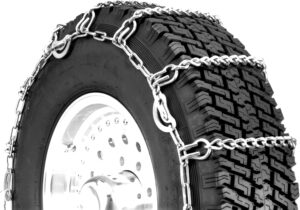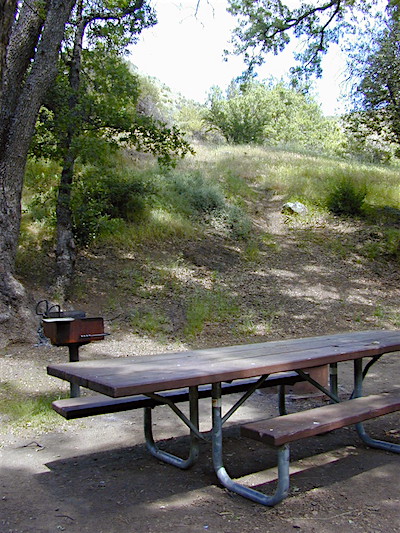

rodents to raccoons / bats to bears / fish to frogs
Outdoor Kitchen Rules:
-
- At home you can let your dirty dishes sit for days in the sink, but not out here. As much as you hate to, wash the dishes right after your meal – so you don’t attract wildlife to your camp. Heat wash water to make cleaning up easier on your hands. A large towel helps w/ drip dry process, so carry old towels.

- Picnic tables outside in the elements and are used by everyone, including the animals and rodents. Bring a table cloth, plastic, or an old sheet to cover the table. Hold it down with heavy objects on each end.
- At home you can let your dirty dishes sit for days in the sink, but not out here. As much as you hate to, wash the dishes right after your meal – so you don’t attract wildlife to your camp. Heat wash water to make cleaning up easier on your hands. A large towel helps w/ drip dry process, so carry old towels.
Hantavirus is a serious and deadly lung infection that is caused from inhaling fine dust particles from rodent droppings.
-
-
- Avoid eating or preparing food directly on the ground. Place a ground tarp down and then a picnic blanket, at the very least.
- Use caution (and a wet sponge) when staying overnight in rustic cabins, tent cabins.
- Beware of older buildings that may be or may have been populated with rats or mice. Bring tarps, sheets and extra blankets to minimize the dust level. It’s advisable NOT to sleep or eat in any place that has evidence of mice turds.
- Avoid sleeping or camping in caverns or caves, as rodent populations are in excess.
- Do not feed wildlife, birds, squirrels or rodents. They can carry rabies and/or many other diseases.

garbage (pack it out)
-
-
- Put food left overs in the ice chest as soon as it cools. Use paper towels to wipe food residue out of pots – before washing. Dispose of trash food into paper grocery bag. Dispose of paper bag & towels into the campfire. Let it burn down all the way w/ the last wood scraps; No more food smells to attract bears!
- Do not leave the garbage outside overnight. Deposit trash in a dumpster at campground, or treat it like food and lock it away in a vehicle. Double bag it – in case it leaks. Always carry extra black trash bags when traveling, to clean up litter. These large bags can also be used as storage for blankets and pillows.

campfire (safety)
-
- Obtain a free campfire permit from the local ranger station, if you plan to cook outdoors, using a stove or a fire. Know current fire conditions and obey RED FLAG restrictions on fire.
- Do not leave campfires, lanterns or candles burning unattended at camp. Make sure the propane or butane fuel is turned off (at the stove and at the tank) after a meal. Drowned campfires before bedtime, or when you leave camp.
washing (clean)
-
-
-
- Do not wash dishes or cookware directly in the stream (lake, creek, river). Bring a large bucket or wash tub. Avoid dipping dirty dishes or pans into the lakes, rivers, or creeks. Wash nearby without putting soap into the natural waterway. Some campgrounds do not have piped water, so carry your own.
- Disperse wash water over the ground at least 200 feet from nearest stream, river or lake.
- Use a sponge scrubber with soap in the handle for convenience w/ minimal liquid. Store it is a ziplock baggie. No more chasing the floating soapy sponge down the creek, in the cold, swift current.
- Same rules apply when washing your hands in the creek or bathing your body in a lake. Keep the soap to a minimum and rinse soap off – away from the shoreline of the lake, river or creek.
water (raw water)
- Do not drink untreated water from a lake or creek, no matter how fresh or clean it looks. Boil water, or bring a portable water filter for use when camping/hiking. If you carry bottled water, pack trash out; recycle bottles.
- Boil water, Boiling is sufficient to kill pathogenic bacteria, viruses and protozoa.
- If water is cloudy, let it settle and filter it through a clean cloth, paper towel, or coffee filter.
- Bring water to a rolling boil for at least one minute. At altitudes above 5,000′, boil water for 3 minutes.
Giardia is often found in rivers and streams. These organisms exist in waters because they exist in our digestive tracts and those of other animals. So anywhere that there’s poop near water, that water could contain pathogenic strains of Escherichia coli, Salmonella, Campylobacter, Aeromonas, Yersenia enterocolitica, Leptospirosis, Listeria, or Vibrio, in addition to a suite of viruses and protozoan parasites like Giardia and Cryptosporidium. Some only cause short-term, if severe, gastrointestinal distress. Others can cause issues that last for weeks, months, or even years.
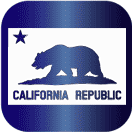
wildlife
- Bears? If you are camping in ‘bear country’, do not cook in or near the tent or sleeping cots. Cook downwind from your sleeping area. Use metal bear boxes for food storage, when provided at campground. If not, use the trunk of your vehicle. Windows up!
- Two large plastic boxes/containers with lids help in storing items properly, away from rodents & rain. Use one box for kitchen wear & Use one box for food storage. Wooden crates or plastic crates can also work.
- Keep cooler in the shade -always! When stored in a vehicle, place blankets or tarps over ice chest to prevent sun from baking down on it. Overnight – put the cooler inside a vehicle. Windows up!

-
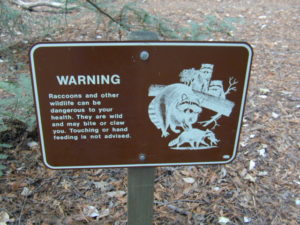
click to enlarge -
-
- Raccoons are super-crafty creatures and can get into almost anything. Close your car windows at night. Tarp down the truck bed securely. Bring an extra tie down strap or two, to wrap the cooler or food box.
- No food or SCENTS in the tents! Animals are attracted to smells. No BBQ sauce t-shirt or greasy jeans. No snacks, no candy, no cough drops, no toothpaste, no ointments, no deodorant. Store those scented items closed up in a vehicle, or in a metal bear box.
- Bats may come in close at night to eat mosquitoes and other flying bugs. On occasion they may find your cabin interesting and want to explore; Or a well lit motorhome could be inviting, so keep the screen door closed.
-
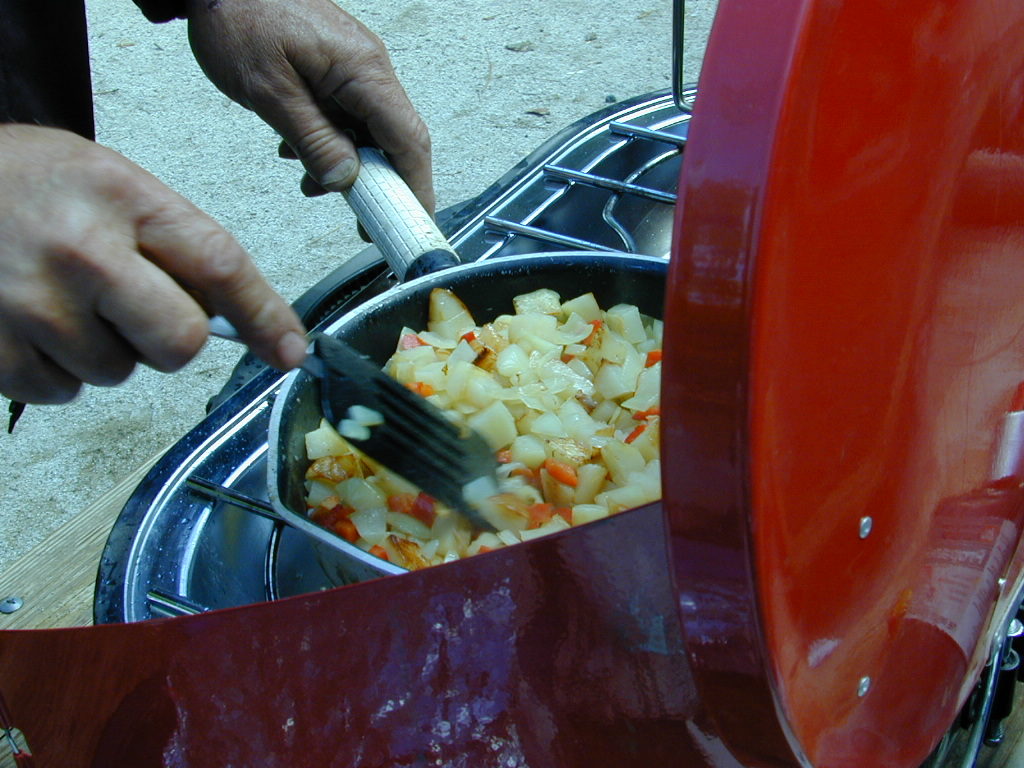
Breakfast taters, coming up. How to deal with Bears & food storage
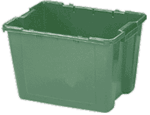
A large rubber container with lid is great for storage & doubles as a wash tub, so you don’t end up adding suds to the stream. Many mountain streams are used for local water sources & the less pollution in them, the better.

Camp Kitchen Care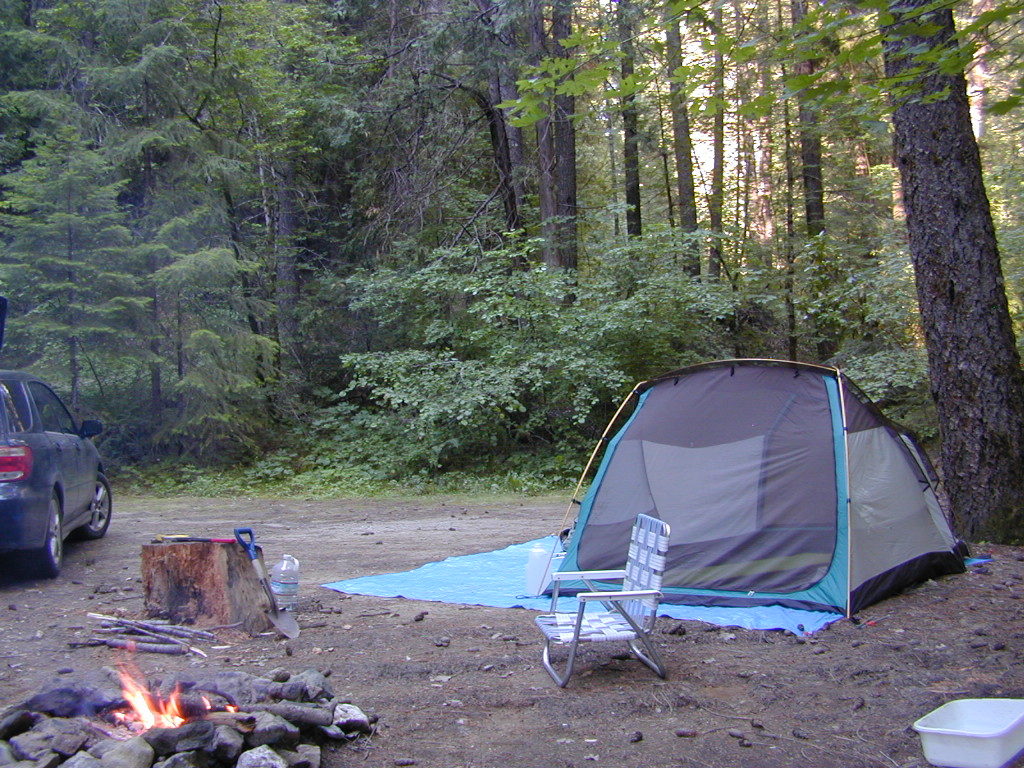
Ground tarps help keep gear clean and provides for food prep space. -
-
-


